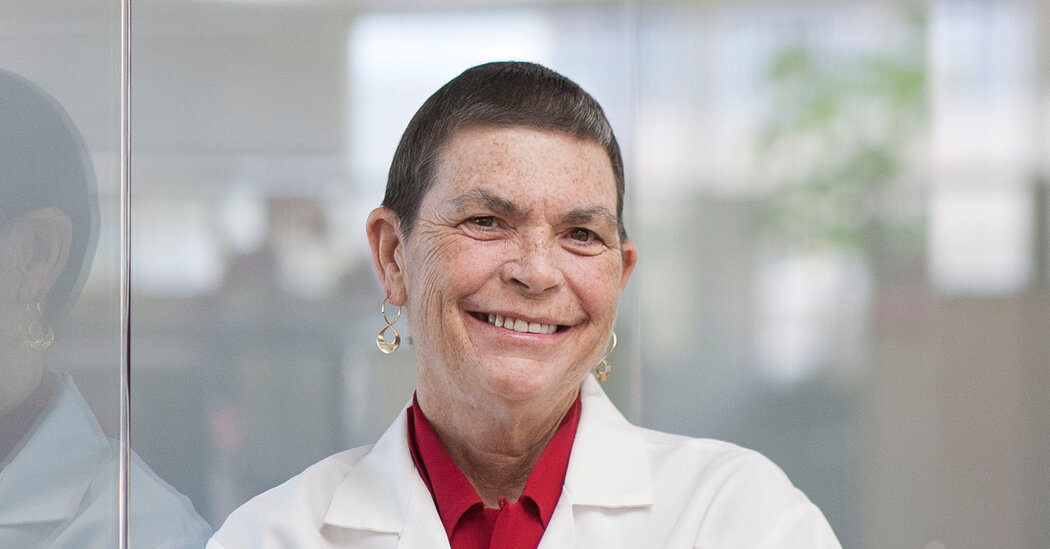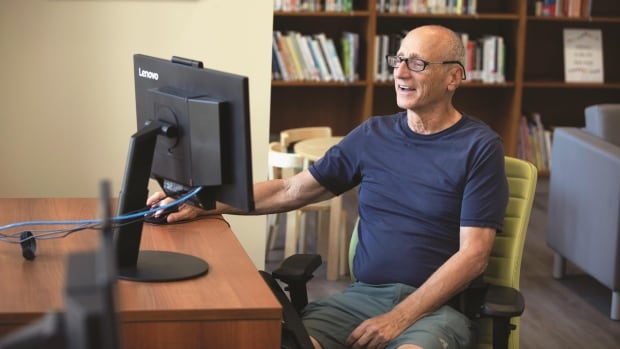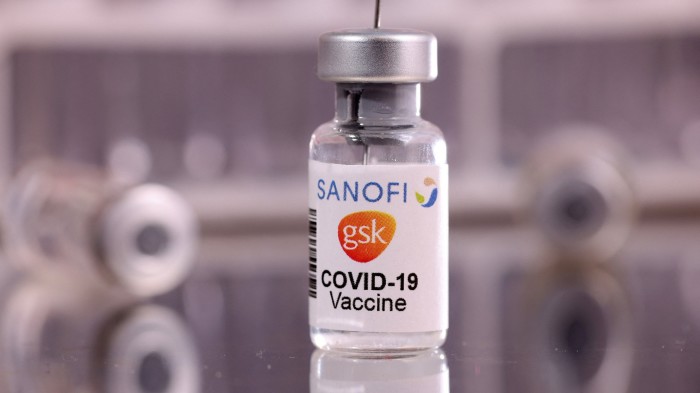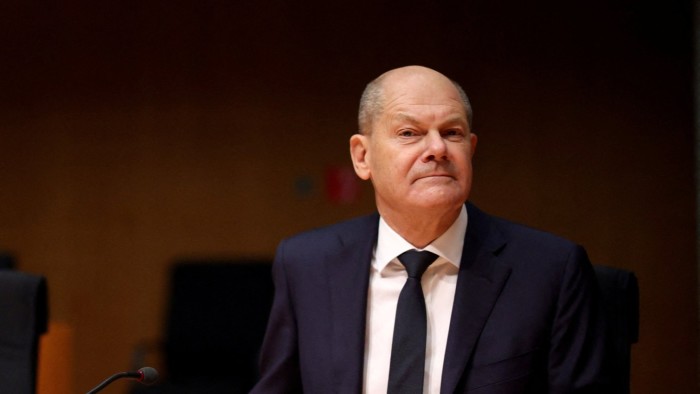
Dr. Love is survived by her wife, Dr. Helen Sperry Cooksey, a surgeon, whom she married in San Francisco in 2004 during the brief period when same-sex marriages were being performed there, before a California ballot proposition made them illegal in 2008. Also surviving is their daughter, Katie Patton-LoveCooksey, whose adoption by her two mothers in 1993 — Dr. Love was the biological mother; both women reared her from birth — was the first granted to a same-sex couple in Massachusetts. In addition, Dr. Love is survived by two sisters, Christine Adcock and Elizabeth Love, and a brother, Michael James Love.
Today, about a quarter-million new cases of breast cancer are diagnosed each year. Though the disease has a higher survival rate than in the past, its cause has not been identified definitively, and the pre-emptive strike of which Dr. Love dreamed is yet to be.
A technique devised by Dr. Love, known as ductal lavage, can screen patients for an elevated risk of breast cancer. Ductal lavage flushes out cells from the breast’s milk ducts, where breast cancer often originates, so that they may be analyzed for abnormalities that suggest an elevated risk of the disease. But the technique is cumbersome, time-consuming and expensive, and it is not widely used.
Dr. Love’s other books include “Dr. Susan Love’s Hormone Book” (1997; with Ms. Lindsey), reissued in 2003 as “Dr. Susan Love’s Menopause and Hormone Book.”
If in the course of her work Dr. Love antagonized some members of her profession, that was, as she saw it, a collateral consequence, if an inevitable one.
“One of the comments that I value the most came from one of my colleagues in Boston,” Dr. Love told The Montreal Gazette in 1996. “He always thought of me as being the kid in ‘The Emperor’s New Clothes,’ the one who’s saying, ‘Hey, wait a minute, there’s no clothes there.’ And that’s the role that I enjoy the most.”
Maia Coleman contributed reporting.





